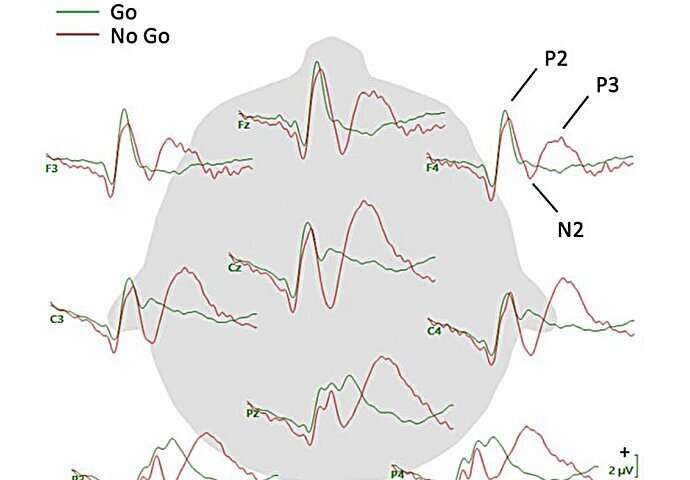Best of Last Week—SLIM enters moon orbit, smart devices running AI, neural correlates of mind wandering

The last week of 2023 was a good one for space research as officials at Japan Aerospace Exploration Agency, announced that its "Smart Lander for Investigating Moon" (SLIM) moon lander, had entered the moon's orbit—the craft is scheduled to land on the moon January 20. Also, a large international team of astronomers and astrophysicists announced that they had found evidence showing that the Small Magellanic Cloud is not a single galaxy—it is actually two, one behind the other. And a pair of astronomers, one with Luleå University of Technology's Asteroid Engineering Laboratory, in Finland, the other with the Southwest Research Institute, in the U.S., found via computer simulation, that some large asteroids that come close to Earth can be torn apart by its gravity.
In technology news, Juliann Zhou, a researcher at New York University, carried out a study aimed at assessing the performance of two LLMs trained to detect human sarcasm—her finding may help to delineate features and algorithmic components that could enhance the sarcasm detection capabilities of both AI agents and robots. And, a team of computer scientists from Nanyang Technological University, Singapore, found that it was possible to use AI chatbots to 'jailbreak' each other. Also, officials at Apple, announced that the company had developed a method that utilizes transfer of data between flash memory and DRAM that will allow smart devices to run powerful AI systems. And a team of researchers from Lancaster University, Beijing Institute of Technology and North China University of Technology, announced that they had developed a new strategy to allow for regulating the stiffness of snake-inspired robots.
In other news, a team of medical researchers led by a group at Harvard Medical School, conducted a nationwide study of hospital care across the U.S., and found evidence suggesting that the quality of care declines after private equity entities take over hospitals. Also, a team of researchers at Linköping University's Laboratory of Organic Electronics, announced that they had developed a type of 'electronic soil' that can enhance crop growth. And finally, a team of medical researchers at Haverford College announced that they had found evidence suggesting that the neural correlates of mind-wandering can vary across different tasks.
© 2024 Science X Network